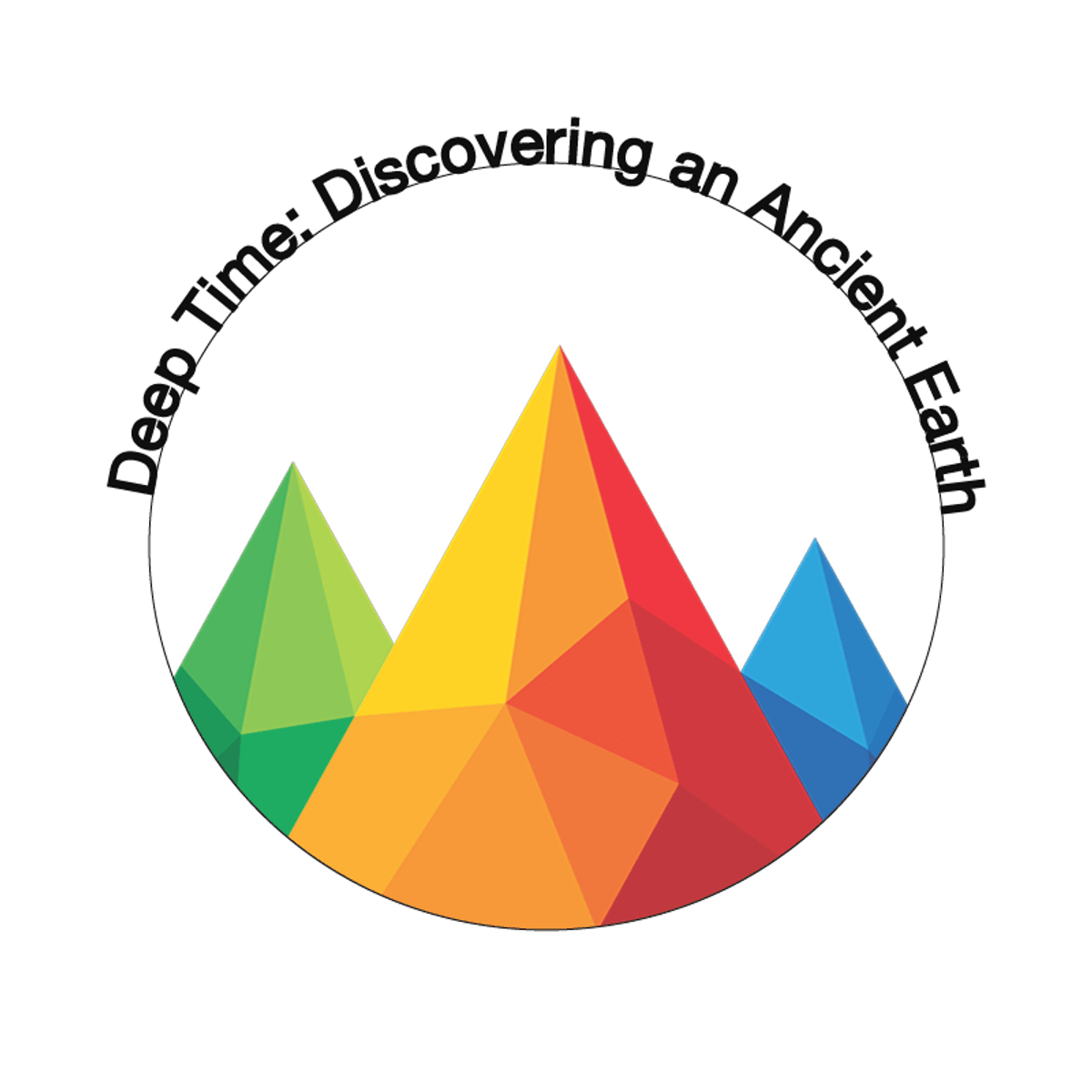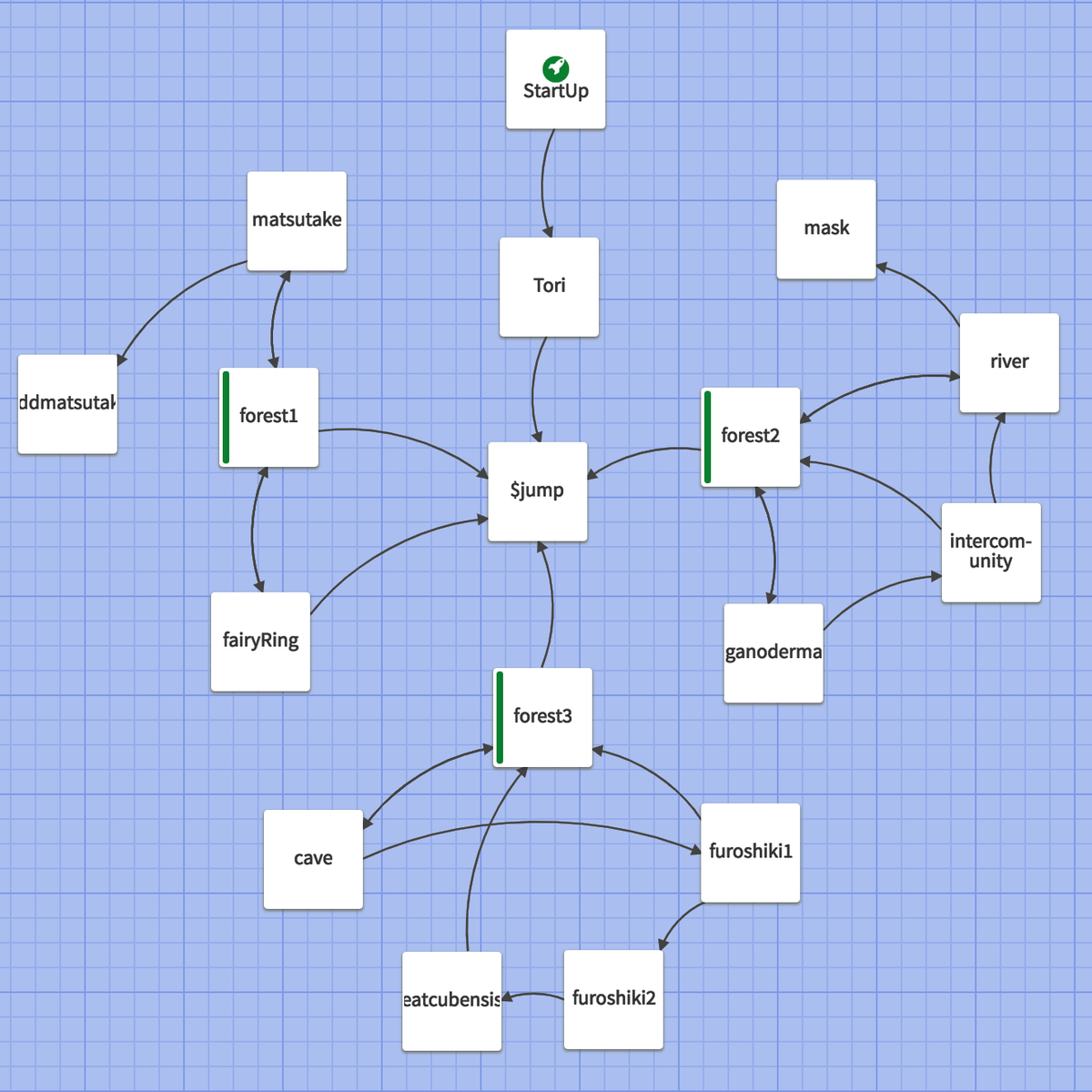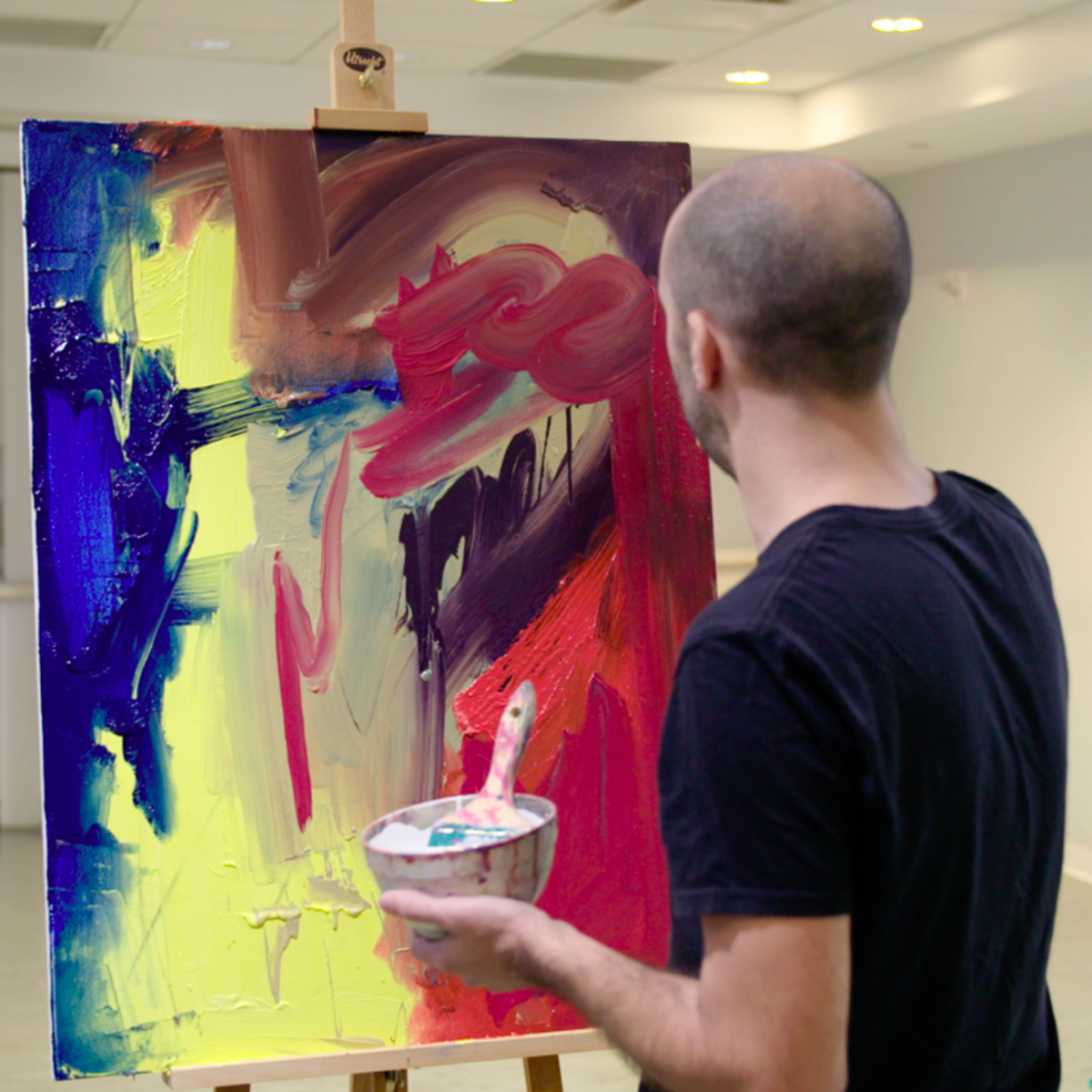Back to Courses









Arts And Humanities Courses - Page 9
Showing results 81-90 of 464

Sustainable Development - Ideas and Imaginaries
Ideas and imaginaries inspire human capacity for great endeavours, but ‘conventional wisdom’ frequently prevents necessary change. Achievement of global sustainable development is, therefore, dependent on a profound comprehension of the preunderstandings and implicit imaginaries that form both our perception of reality and our basic confidence in the viability of transgressive action.
The present-day concept and ideal of sustainable development contains many interlaced meanings and many contradictions. In order to bring out the concept’s indisputable transformative potential, and be able to gain support, promote decision-making and take action in it, it is, therefore, requisite to disentangle this mélange and shed light to the implicit preunderstandings .
This course will contribute to doing so by focusing on the historical roots and multiple layers of meaning of sustainable development, and by exploring questions such as: ‘What is the historical background of the current Sustainable Development Goals?’, ‘Which imaginaries about relations between individual and collective tend to promote and prevent sustainable solutions?’, ‘How can ideas about humans and nature affect global development?’, And ‘how do we as humans react on inconstant notions of time and change?’
During this course, you will meet associate professor in history Bo Fritzbøger from Centre for Sustainable Futures as the primary lecturer and a range of cultural, natural and social scientists, all from the University of Copenhagen working with different aspects of sustainability thinking.
We hope that you will join us in the course and qualify your participation in current discussions about how to achieve common sustainable development in a divided world.

Character Design for Video Games
In this course you will explore concepts and approaches involved in creating successful character designs that can be applied to video games. Following a first week delving into some foundational concepts for successful character design, each of the remaining three weeks are structured as a master class where you will observe three professional character designers at work in the studio: Andy Ristaino (Adventure Time), Jacky Ke Jiang (Journey), and Robertryan Cory (SpongeBob SquarePants). Each designer will take on two different design challenges on the fly and address the various issues in designing characters for games, such as movement, expression, and technical limitations. At the end of each week you will have an opportunity to try out some of the concepts from that week's lesson on characters of your own design.
This is a fun and engaging class especially useful for students interested in animation in film and TV as well as games, and is suitable for students of any drawing ability.

English Composition I
You will gain a foundation for college-level writing valuable for nearly any field. Students will learn how to read carefully, write effective arguments, understand the writing process, engage with others' ideas, cite accurately, and craft powerful prose.
Course Learning Objectives
• Summarize, analyze, question, and evaluate written and visual texts
• Argue and support a position
• Recognize audience and disciplinary expectations
• Identify and use the stages of the writing process
• Identify characteristics of effective prose
• Apply proper citation practices
• Discuss applying your writing knowledge to other writing occasions

Deep Time: Discovering an Ancient Earth
Ever since our ancestors ventured onto the African savanna, human beings have searched, explored, and wondered about the world. Nowadays, and certainly for most, science is the vehicle that takes us along a path towards understanding nature. It can bring us from sub-atomic realms to the most distant galaxies. Largely through the discipline of geology, science allows us to push back the mists of time and peer into a past measured in billions of years, and aptly referred to as “Deep Time.”
Climb on board!
This is a journey of discovery—we'll learn about the origins of science and geology itself, to our planet’s oceans, atmosphere, and crust. The focus then turns to how geologists have probed the rise and fall of the Rocky Mountains, and we conclude by considering not only the power of science but also acknowledging its inherent price and responsibility.
Certificate earners demonstrate proficiency through a few short assessments and discussion prompts and are prepared to teach or apply the material.

Interactive, Nonlinear Stories with Twine
When telling stories, we tend to create one-way narratives that conduct readers through a fixed sequence of events. Even though such an approach allows us to tell very elaborate stories, it's clear that it can only go so far when it comes to complex plots. That is, stories that can unfold in many different ways, depending on the readers' choices and preferences.
In this guided project you will challenge this traditional approach towards story-telling by working with Twine, a tool designed for the creation of interactive, nonlinear stories. Not only will this teach you how to craft engaging stories, it will also equip you with the abilities required for the creation of simple games, such as Mushy Foray (our study object for this project).

Inequality and Democracy
Most countries are getting more and more unequal. But the core of democracy is political equality: that everyone should have an equal say in how their country is run. Can we really expect these things to go together? Can people have equal political power while economic inequality grows and grows? Take this course and decide for yourself.
You’ll learn about:
• The rise of economic inequality
• Property rights and the corporation
• Democracy: Its value and history
• Campaign finance and lobbying
• Tax avoidance and capital flight
• Alternatives to our economic system
This is an interdisciplinary course combining:
• Politics
• Philosophy
• Economics
• History
• Law
Our course is for anyone looking for an accessible introduction to these topics. You might a concerned citizen, or someone who works in a field like politics, media, education, government or law. The difficulty level is similar to the first-year of an undergraduate degree. No prior knowledge is assumed.

Customizing color pickers and swatches in Adobe Photoshop
Have you ever been glancing through a magazine, or walking down the street when a flash of color catches your eye? It’s something that stands out amidst the din of the pages, or the monotony of a rural street. This is the power of Adobe Photoshop. A power that is limited only by your imagination. Every color of the rainbow (and many that aren’t) are at your fingertips. With just a few clicks of your mouse, you can wield this incredible array of colors to bring your imagination to life, whatever form it takes.
In this project, you will learn how to use the Color Picker tool, change its color selection as you see fit, and create swatches that you have only seen before in the depths of your dreams. If that sounds like something that interests you, a single step towards unleashing the power of your creativity, then join me in taking this step in your journey.

In the Studio: Postwar Abstract Painting
Want to know how some of the 20th century’s most celebrated artists made abstract paintings? This course offers an in-depth, hands-on look at the materials, techniques, and thinking of seven New York School artists, including Willem de Kooning, Yayoi Kusama, Agnes Martin, Barnett Newman, Jackson Pollock, Ad Reinhardt, and Mark Rothko. Through studio demonstrations and gallery walkthroughs, you’ll form a deeper understanding of what a studio practice means and how ideas develop from close looking, and you’ll gain a sensitivity to the physical qualities of paint. Readings and other resources will round out your understanding, providing broader cultural, intellectual, and historical context about the decades after World War II, when these artists were active.
The works of art you will explore in this course may also serve as points of departure to make your own abstract paintings. You may choose to participate in the studio exercises, for which you are invited to post images of your own paintings to the discussion boards, or you may choose to complete the course through its quizzes and written assessments only.
Learners who wish to participate in the optional studio exercises may need to purchase art supplies. A list of suggested materials is included in the first module.
Learning Objectives:
Learn about the materials, techniques, and approaches of seven New York School artists who made abstract paintings.
Trace the development of each artist’s work and studio practice in relation to broader cultural, intellectual, and historical contexts in the decades after World War II.
Hone your visual analysis skills.
Use each artist’s works as a point of departure for making your own abstract paintings.

Guitar Chord Voicings: Playing Up The Neck
Whether you’re just picking up the guitar for the first time or you’ve been playing the guitar for years and want to take your playing to the next level, Guitar Chords 101 will help you develop a deeper knowledge and understanding of chords. Guitar Chords 101 presents Berklee’s approach to constructing chords, a method that focuses less on the shape of an individual chord, and more on the notes that the chord is based around. You will learn to construct and play triads, basic 7th chords, inversions, and different chord voicings—the basic foundations guitarists use to write or perform in any number of different styles.
You will gain more freedom and a greater feel for your instrument by learning how to visualize chord structures anywhere on the neck of the guitar. By the end of the course you will be able to add more dynamics and expression to your playing and gain an extensive chord vocabulary, which will prove invaluable in pursuing any style of music.
By the end of this course, you will be able to:
- Look at a lead sheet and play chord voicings
- Construct triads, 7th chords, and inversions
- Play and know the voicings of various chord qualities such as a major triad, minor triad, dominant 7, and gospel chords
- Play triads over bass notes

Understanding China, 1700-2000: A Data Analytic Approach, Part 1
The purpose of this course is to summarize new directions in Chinese history and social science produced by the creation and analysis of big historical datasets based on newly opened Chinese archival holdings, and to organize this knowledge in a framework that encourages learning about China in comparative perspective.
Our course demonstrates how a new scholarship of discovery is redefining what is singular about modern China and modern Chinese history. Current understandings of human history and social theory are based largely on Western experience or on non-Western experience seen through a Western lens. This course offers alternative perspectives derived from Chinese experience over the last three centuries. We present specific case studies of this new scholarship of discovery divided into two stand-alone parts, which means that students can take any part without prior or subsequent attendance of the other part.
Part 1 (this course) focuses on comparative inequality and opportunity and addresses two related questions ‘Who rises to the top?’ and ‘Who gets what?’.
Part 2 (https://www.coursera.org/learn/understanding-china-history-part-2) turns to an arguably even more important question ‘Who are we?’ as seen through the framework of comparative population behavior - mortality, marriage, and reproduction – and their interaction with economic conditions and human values. We do so because mortality and reproduction are fundamental and universal, because they differ historically just as radically between China and the West as patterns of inequality and opportunity, and because these differences demonstrate the mutability of human behavior and values.
Course Overview video: https://youtu.be/dzUPRyJ4ETk
Popular Internships and Jobs by Categories
Browse
© 2024 BoostGrad | All rights reserved


